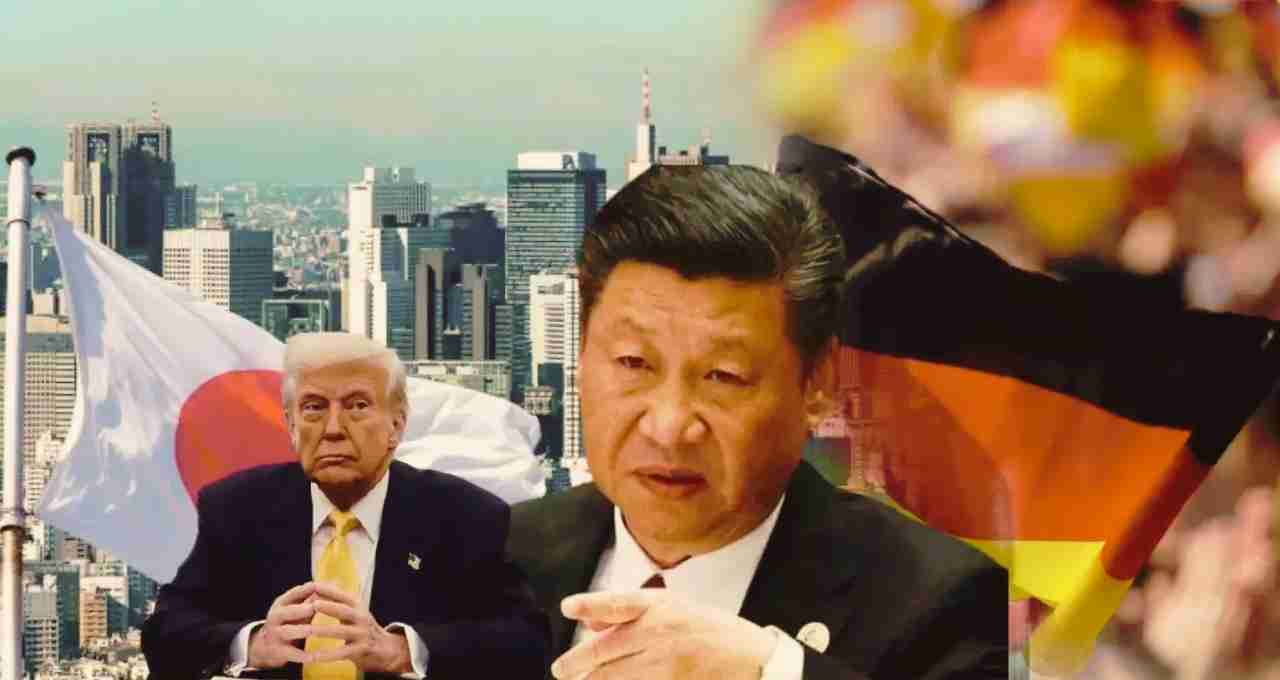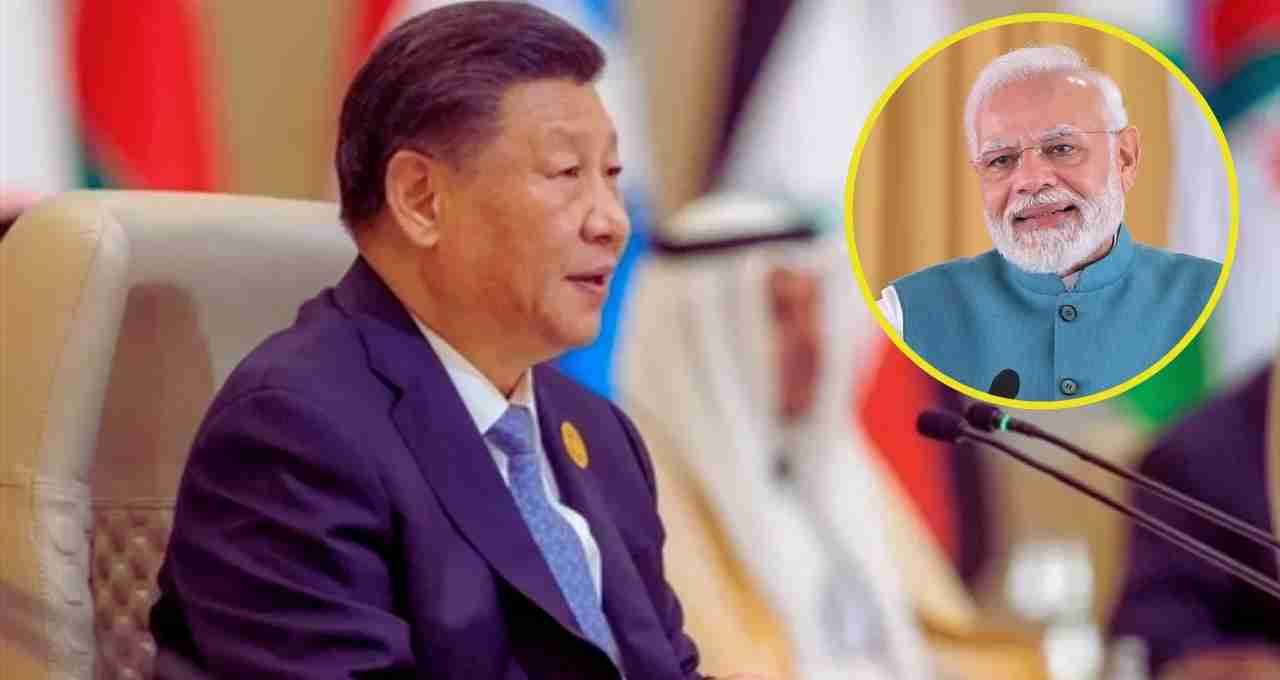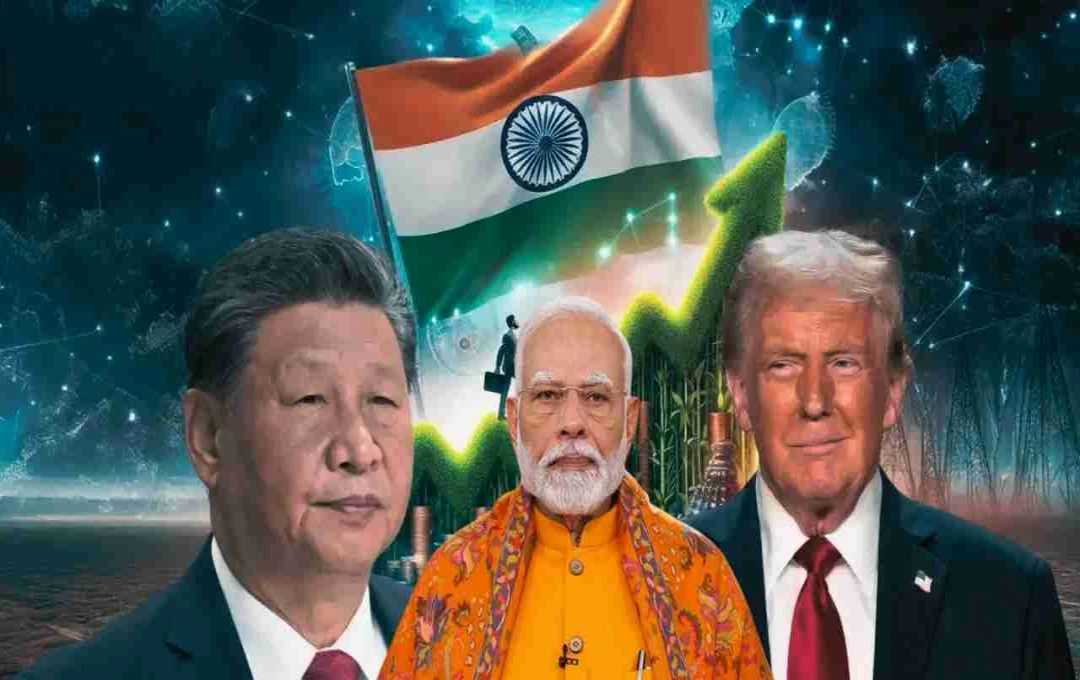The trade deficit between India and China has ballooned to approximately $100 billion, prompting India to actively seek ways to reduce it. Meanwhile, China has made a significant move, presenting India with a substantial offer.
INDIA-CHINA: Relations between India and China have always been complex, marked by fluctuating dynamics across trade, politics, and security. However, recently, the Chinese government has taken steps to strengthen its trade ties with India. A key driver behind this shift is the impact of tariffs and other trade policies imposed on China by former US President Donald Trump, which significantly affected the Chinese economy.
China's Changing Stance Towards India
China now seeks ber, more positive relations with India. Chinese Ambassador Zhu Feihong recently revealed in an interview that China is prepared to address India's trade deficit. According to Ambassador Zhu, strengthening trade relations with India has become a strategic priority for China, a move made in the context of the increasingly complex trade deficit situation.
China has also invited Indian companies to enter the Chinese market, aiming to improve the bilateral trade dynamic.
India-China Trade Deficit and Its Resolution
The nearly $100 billion trade deficit between India and China has become a major concern for both nations' economic relations. India faces this deficit due to higher imports from China. Indian companies need to increase exports to China to mitigate this imbalance.

Simultaneously, Chinese companies require a conducive environment to expand their operations in India. China has expressed its willingness to collaborate with India to reduce this trade deficit.
China believes that enhanced trade cooperation will yield economic benefits, not only reducing the trade deficit but also boosting growth in both countries. Numerous opportunities exist for mutual benefit.
Opportunities in China's Vast Market
China boasts the world's second-largest consumer market, presenting immense potential for Indian products. China's burgeoning middle class is creating a significant consumer base for Indian goods. The Chinese Ambassador urged Indian businesses to leverage this market, highlighting its significant investment and consumption potential.
For instance, during the previous fiscal year, China imported chilli peppers, iron ore, and cotton yarn from India, witnessing growth rates of 17%, 160%, and 240%, respectively. This growth clearly indicates rising demand for Indian products in the Chinese market. China's market could prove crucial for Indian agricultural products, pharmaceuticals, technology, and other industrial textiles.
Furthermore, there is significant potential for Chinese investment in India, offering Indian industries access to new technologies, capital, and markets.
China's Trade Offer to India

China has also offered India opportunities to showcase its products at various platforms, including prominent events such as the China International Import Expo, the China-Asia Expo, and the China International Consumer Products Expo. These platforms allow Indian companies to establish a presence in the Chinese market and reach Chinese consumers directly, strengthening trade relationships.
India's Approach: A Favourable Environment for Chinese Companies
China hopes India will improve its policies and provide a fair, transparent, and non-discriminatory environment for Chinese companies. While the Chinese market may be attractive to Indian companies, China also needs a positive environment for its companies to operate in India. The Indian government should take steps to offer investment opportunities to Chinese companies, thus strengthening bilateral trade relations.
Future Direction for India and China
A new potential direction is emerging in India-China trade relations. This is an opportune time for both countries to move their trade relationship forward. India should maximise the use of China's vast consumer market to boost its exports, while China should facilitate investment and trade for Indian companies.
Additionally, both countries should take strategic steps to reduce their trade deficit, improving not only trade relations but also strengthening both economies. Mutual cooperation and understanding will not only help reduce the trade deficit but also empower their economic standing in Asia and globally.














